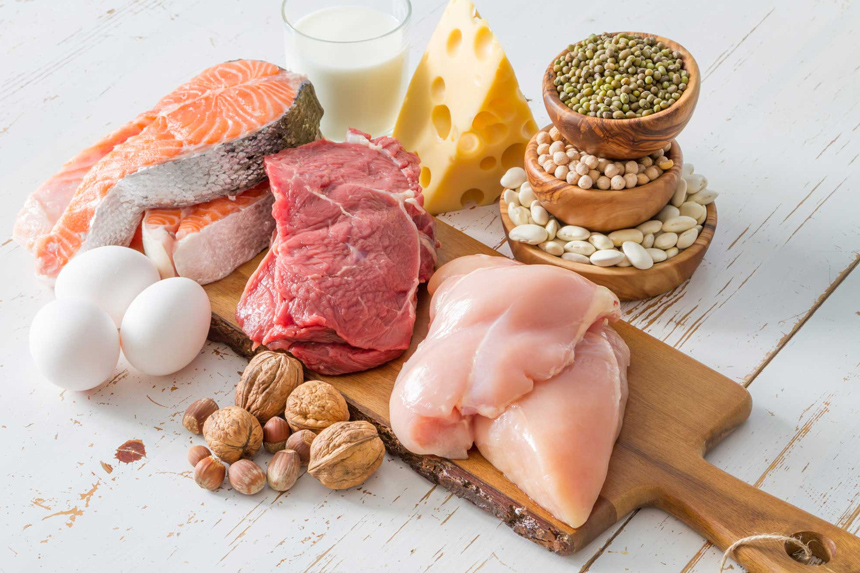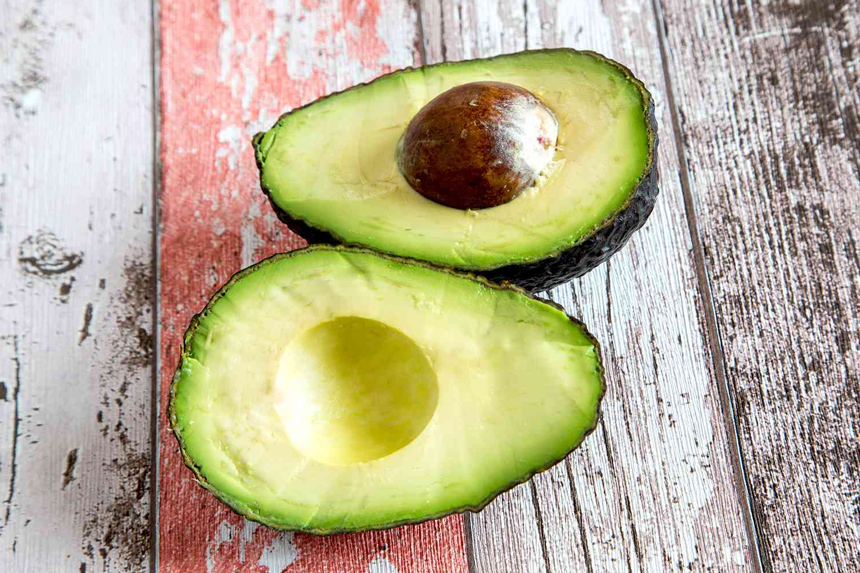Lean Meat and Proteins

Lean beef, pork, and chicken are exemplary sources of high-quality protein, iron, choline, and various B vitamins. These nutrients play pivotal roles during pregnancy, supporting red blood cell formation, fetal brain development, and maternal health. Recognizing the challenges of meeting increased iron needs through meals alone, particularly for those opposed to meat or following plant-based diets, emphasizes the importance of including lean red meat to address iron requirements.
Pairing iron-rich foods with vitamin C sources, such as oranges or bell peppers, enhances iron absorption. This strategic dietary approach ensures optimal nutrient utilization, contributing to a healthy pregnancy. [6]
Avocados

Avocados loved for their creamy texture and rich taste, deliver monounsaturated fatty acids, fiber, antioxidants, B vitamins (especially folate), vitamin K, potassium, copper, vitamin E, and vitamin C. These components collectively contribute to developing the baby’s skin, brain, and tissues, making avocados a valuable addition during pregnancy. With higher potassium content than bananas, avocados also hold the potential to alleviate leg cramps, a common discomfort experienced by some women during pregnancy.
The versatility of avocados allows for creative culinary exploration, from guacamole to salads, smoothies, and substitutes for less nutrient-dense ingredients like mayo or sour cream. Harnessing the nutritional richness of avocados provides a flavorful and wholesome dimension to the pregnancy diet.
In conclusion, a well-rounded and diverse diet comprising legumes, sweet potatoes, dairy products, eggs, dark leafy greens, salmon, water, whole grains, lean meat, and avocados lays the foundation for a healthy pregnancy. Emphasizing nutrient-dense choices, culinary variety, and strategic combinations enhance the nutritional intake required for the unique demands of this transformative phase in a woman’s life.





